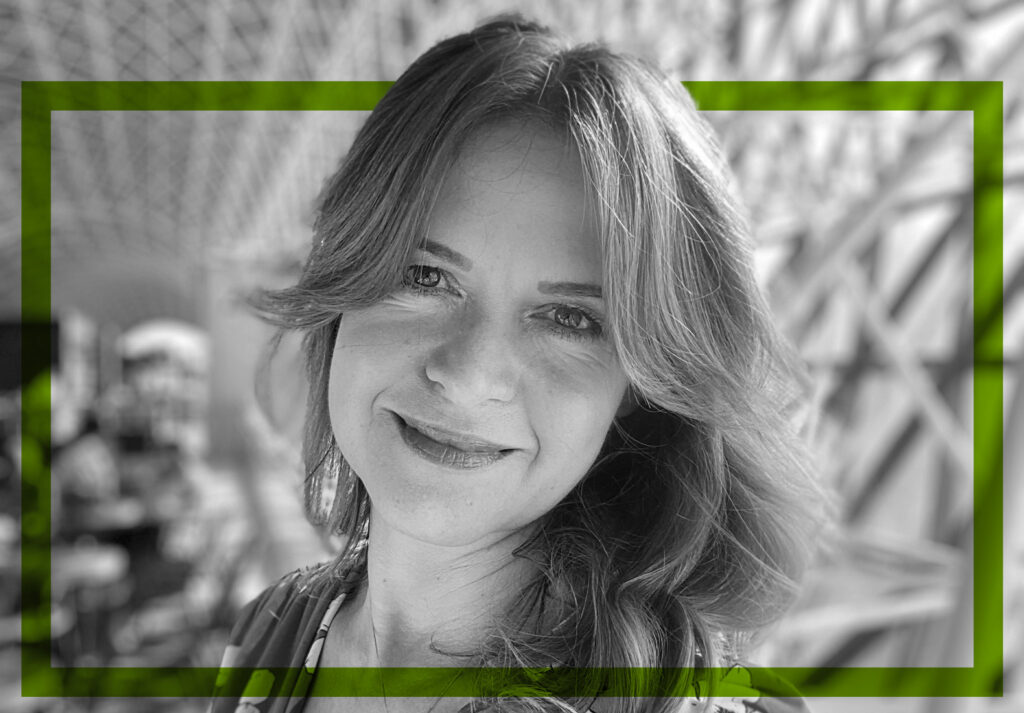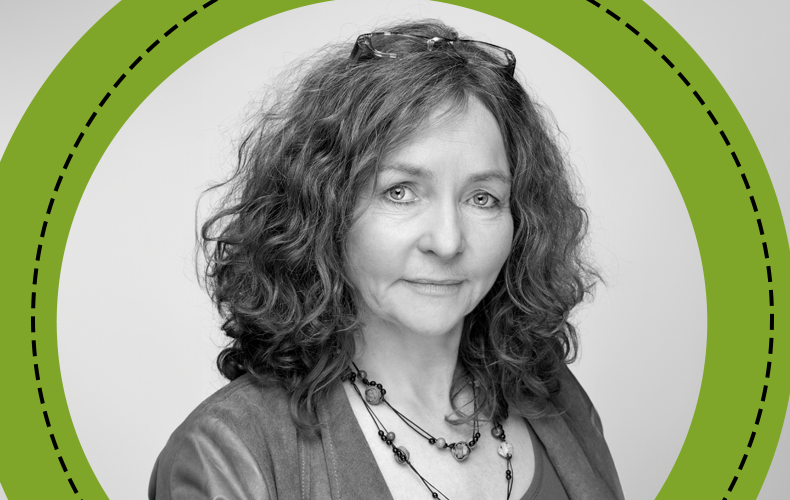16 November 2023 – “I am fascinated by how life works!” says Iva Tolić, professor of cell biophysics at the Ruđer Bošković Institute (RBI) in Zagreb, Croatia. The fascination has taken her from studying molecular biology in Zagreb, to a PhD in biomathematics integrating a quantitative approach into her research, via Copenhagen and Florence gaining experience in biophysical methods, and to the Max Planck Institute of Molecular Cell Biology and Genetics in Dresden, where she spent ten years as a group leader in cell biology.
Now in Zagreb, her research focuses on the structure of the mitotic spindle and its role in cell division. “We want to understand how the spindle works, what happens when it doesn’t and what relevance this has for cancer,” she says. Specializing in high-resolution microscopy and cell biology approaches, she collaborates closely with theoretical physicists to build quantitative models of the spindle complex. “We use our models to make predictions about the spindle’s behaviour and design specific lab experiments to test these predictions,” she explains.
Funding from the ERC helped establish her group at the RBI, Tolić says, enabling her to buy microscopes and extend her collaborative network. “The ERC grants changed my life! I have the same resources as elsewhere and I can be here in my home city”. She appreciates the intellectual atmosphere in Croatia. “Croatia has a very vibrant scientific community and people are very motivated. I really enjoy this,” says Tolić. She can often be found in the many cafés between her house and the institute. “I do most of my reading and writing in cafés with a cappuccino. It’s a great way of life.”



